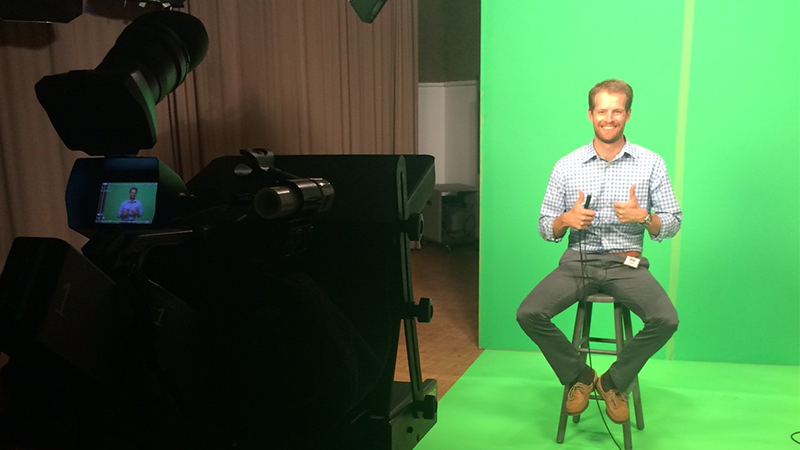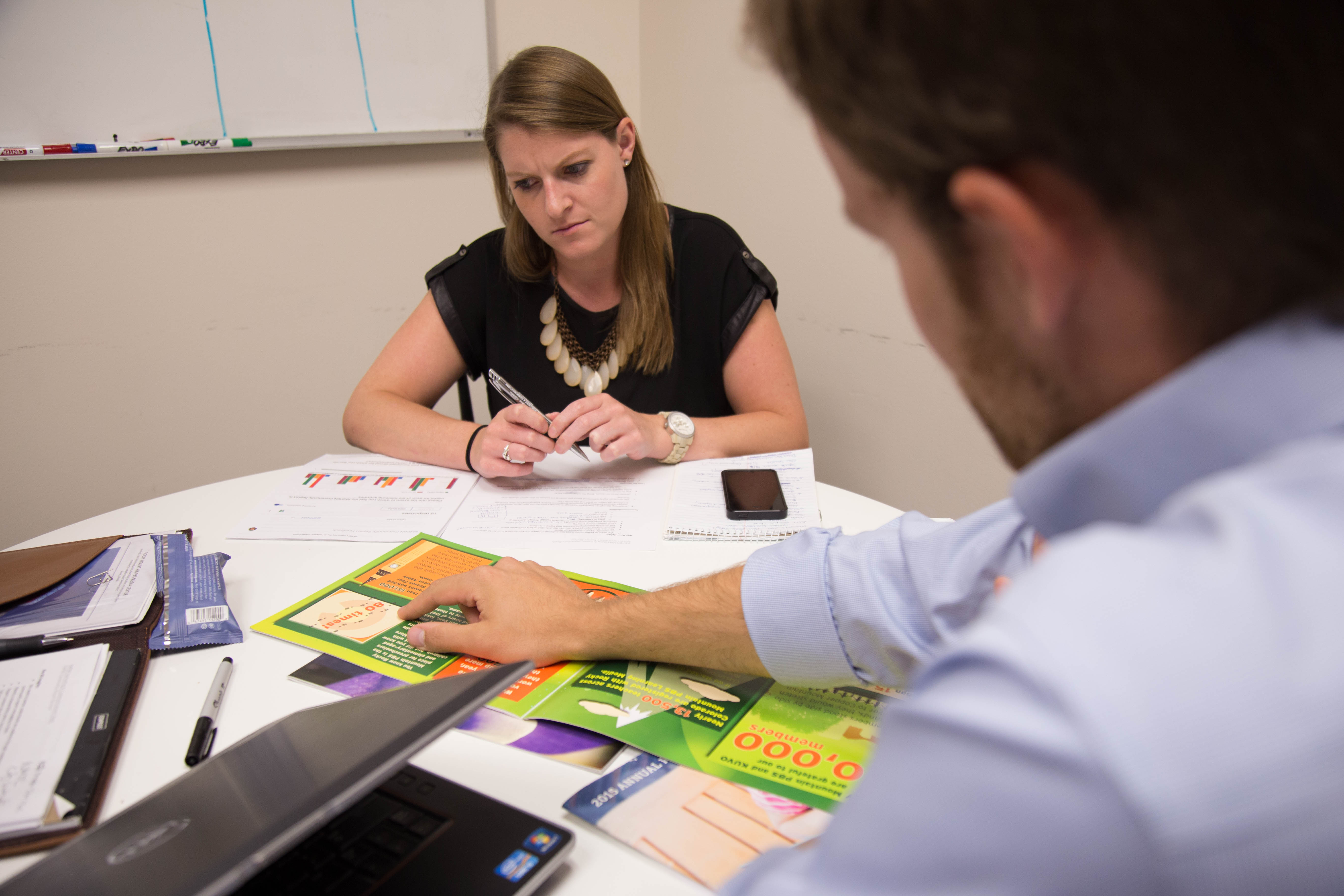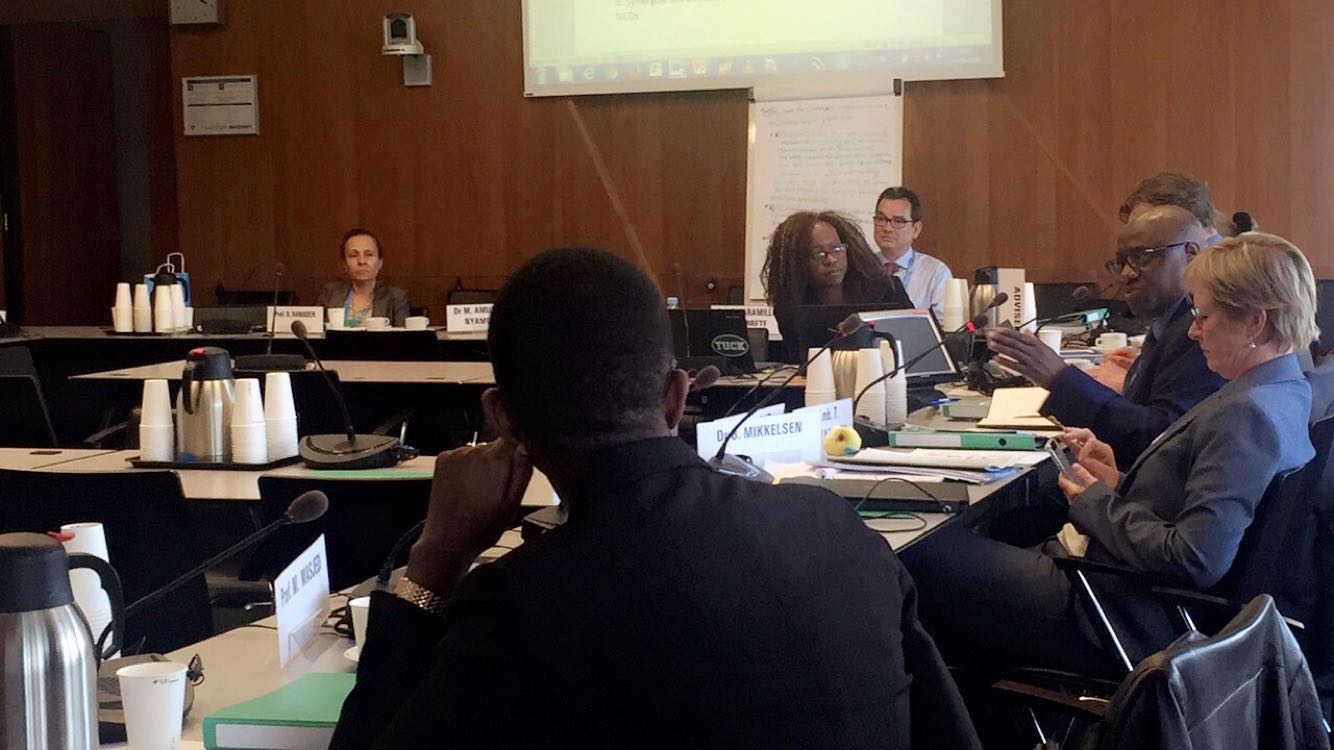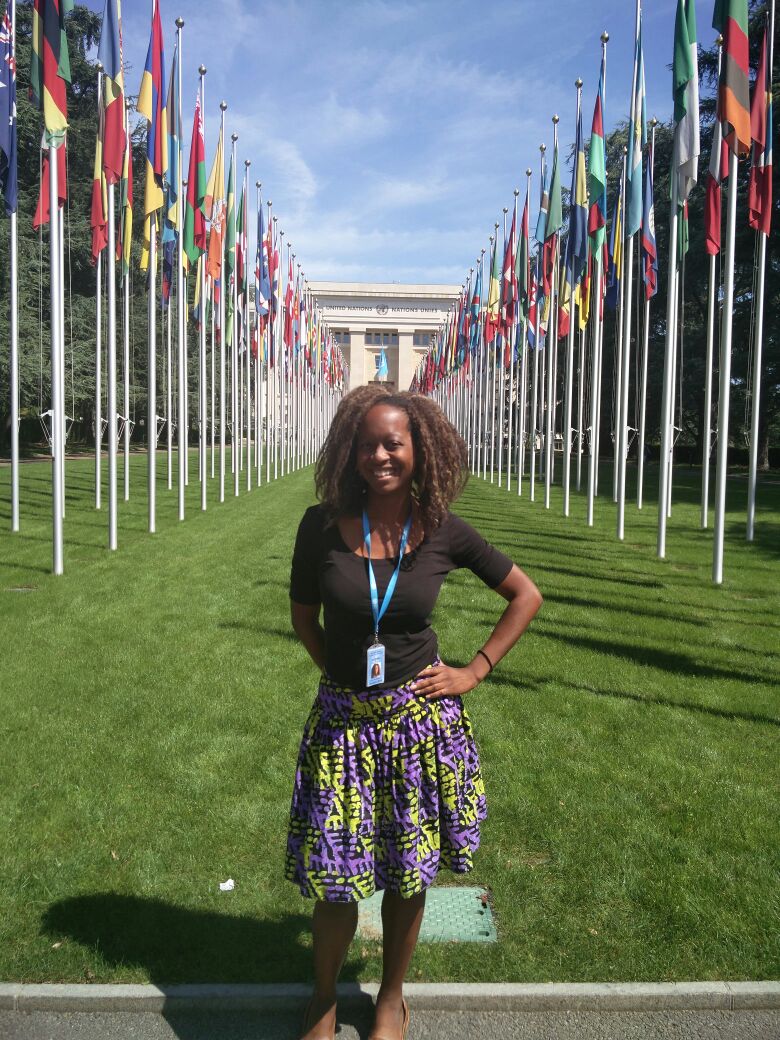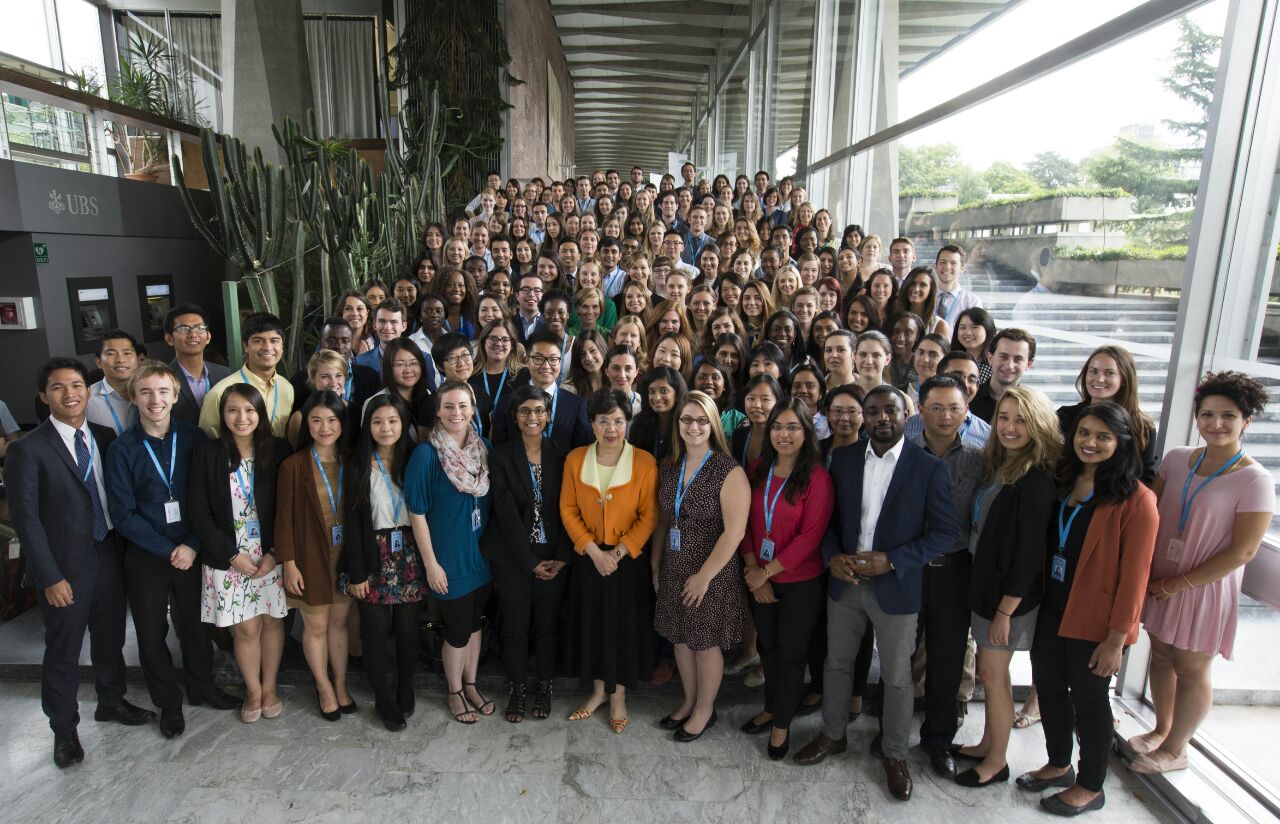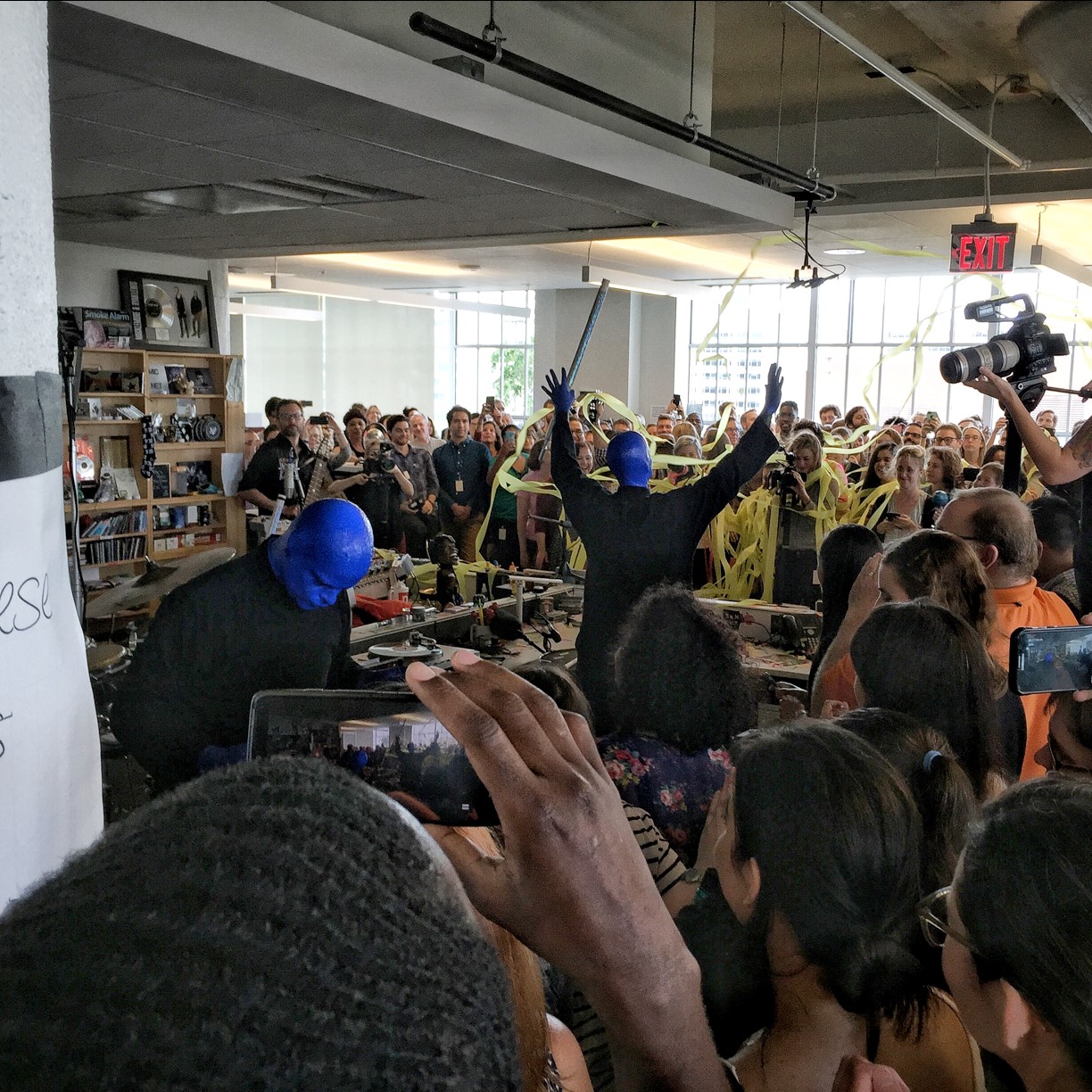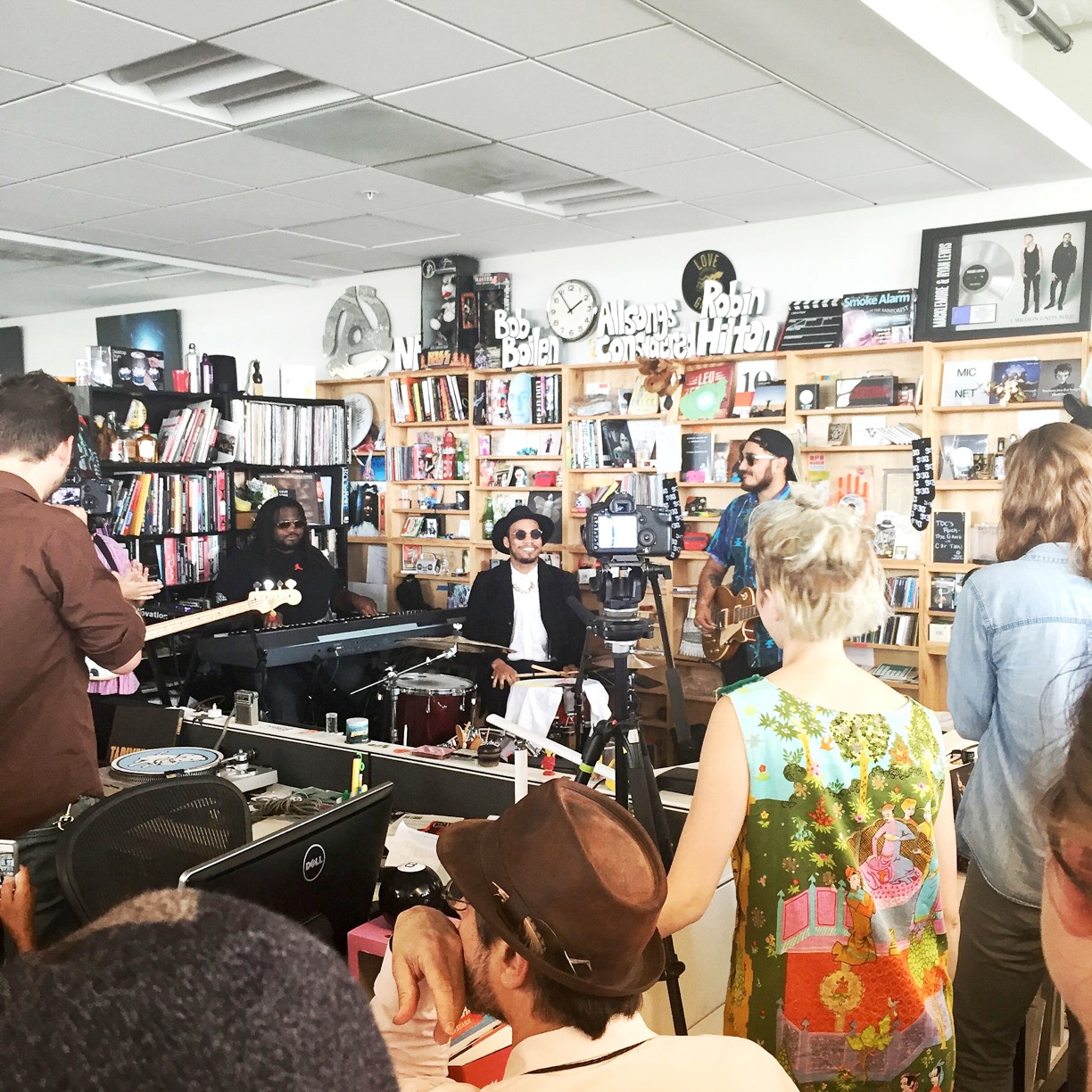Events & Promotions
|
|

GMAT Club Daily Prep
Thank you for using the timer - this advanced tool can estimate your performance and suggest more practice questions. We have subscribed you to Daily Prep Questions via email.
Customized
for You
Track
Your Progress
Practice
Pays
Not interested in getting valuable practice questions and articles delivered to your email? No problem, unsubscribe here.
- Nov 20
07:30 AM PST
-08:30 AM PST
Learn what truly sets the UC Riverside MBA apart and how it helps in your professional growth
Kudos
Bookmarks
Anyone applied the women in business conference in Oct? How do you find out whether being accepted for this event?
Kudos
Bookmarks
| FROM Tuck Admissions Blog: An Internship with the Department of Defense |
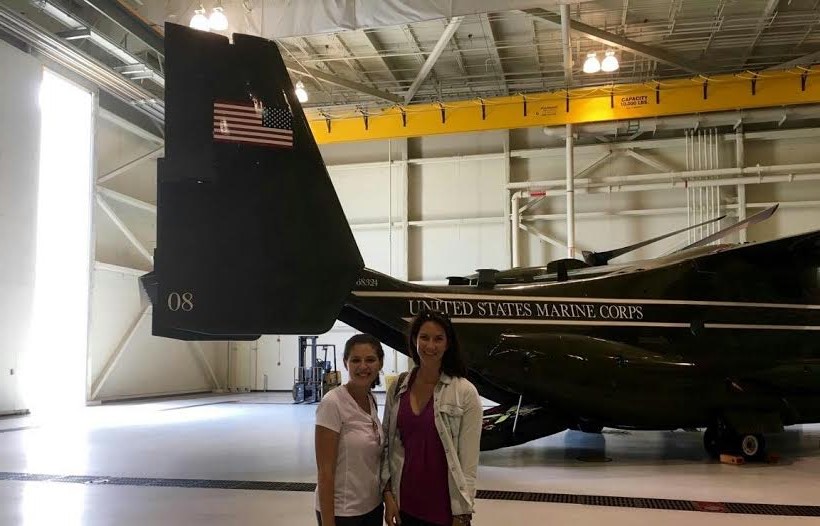 By Olivia Jones T'17 The Pentagon, as they tell every tour group, houses 26,000 employees. It holds civilian and military personnel, an impressive gym in the basement, and a shocking number of fast-food chain restaurants. All that novelty aside, I can think of no other organization with such a critical mission, combined with such size and complexity and worldwide impact, as the Department of Defense (DoD). I spent this summer in the Pentagon getting a closer look at how security policy is formulated while supporting several country teams under the Deputy Assistant Secretary of Defense (DASD) for the Middle East. Our DASD reported to the assistant secretary of defense for international security affairs, who in turn answered to the Undersecretary of Defense for Policy, the chief policy advisor to the secretary of defense. In essence, the policy arm of the undersecretary’s office is like DoD’s very own internal Department of State. We provided policy advice, strategic insight, and coordination with partners to support bilateral and multilateral efforts around security assistance, foreign military sales, and shared security interests. We worked daily with foreign counterparts reporting to Ministers of Defense, including foreign military attachés, senior policy makers, and military leaders. Just as frequently, we dealt with domestic partners, including the Joint Chiefs of Staff, the combatant command aligned with our area of responsibility (Central Command [CENTCOM]), the Department of State, The White House, and the  Intelligence Community. I supported the teams for Israel, Egypt, Jordan, and Lebanon, each a nation with a different and nuanced relationship with the United States. Without getting into details, my main tasks throughout the summer were to help staff the senior leaders: I drafted read-aheads, short briefers, talking points for high-level engagements, talking points for press interviews, and compiled data to distribute to key partners at the Department of State and the White House. A glance at the news headlines this summer would indicate that it was a busy office—it was and I had the privilege of working with really amazing people. But I also got to step out of the office on occasion. Our summer agenda included a flight on US Army Blackhawks with panoramic views of DC, a weapons familiarization course at Marine Corps Base Quantico, a visit to the squadron that flies Marine One (HMX-1), and a small group Q&A with the Secretary’s Chief of Staff Eric Rosenbach (and fellow Davison College alumnus). While rather atypical for an MBA student, this experience was precisely one that I desired entering Tuck as a joint degree student with The Fletcher School of Law and Diplomacy at Tufts, where I’m concentrating in International Security Studies. The opportunity to view US security policy up close was completely unique and entirely valuable for my professional goals, and would not have been possible without the support of a program like TuckGIVES. Some of the issues I worked on this summer have significant implications for and crossover with the business community, including cybersecurity, space, and integration of innovation efforts within cumbersome bureaucracies. And ultimately, the sense of purpose inherent in serving the American public and serving national security goals, motivating even as an intern, continues to frame my goals at Tuck and Fletcher. (Main photo above: A visit to Marine Corps Squadron One in Quantico, VA; Photo at right: Taken on a flight on a U.S. Army Blackhawk that includes a shot of the National Mall out of the window of one of the helos.) |
This Blog post was imported into the forum automatically. We hope you found it helpful. Please use the Kudos button if you did, or please PM/DM me if you found it disruptive and I will take care of it.
-BB
Kudos
Bookmarks
| FROM Tuck Admissions Blog: Your Road to “Admitted”: The Interview |
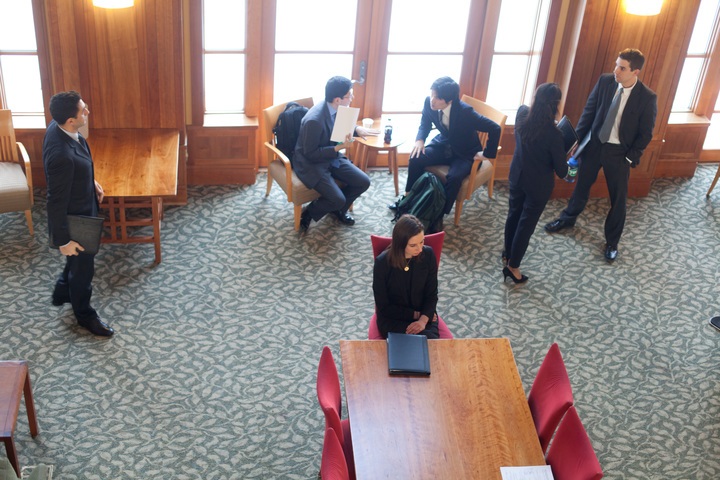 Greetings! This is an exciting time in Tuck’s Admissions Office—after months of relative calm, it’s once again buzzing with prospective students. These future Tuckies have converged in Hanover to conduct their official admissions interview and to experience the community that they might one day be a part. At Tuck, we encourage all applicants to initiate their own interview (to be completed on-campus in Hanover) by scheduling one online. If you’re unable to come to Hanover, it’s possible that the Admissions Committee will invite you to interview after an initial review of your application. For an MBA admissions committee, the interview can be one of the most insightful aspects of your application. At Tuck, we believe that strong interpersonal skills are essential for success as a leader and as a team member. Tuck’s small, personal scale and immersive atmosphere in Hanover, NH require students to play an active role in this transformational experience. Through the interview process, we try to get a sense of each candidate's fit, personality, and communication skills. Here are a few tips to help you nail it: Relax. Tuck interviews are meant to be a conversation. We look at them as an opportunity to not only get to know you better, but also for you to get to know us too. On the flip side, don’t relax too much. Most of our interviews are conducted by second year students. Accordingly, some applicants get too casual and assume since they are being interviewed by someone they see as a peer it is okay to slouch, slip into slang, or reveal information they probably shouldn’t. While we certainly want you to feel comfortable and be yourself, remember, no matter who conducts your interview, you should approach it in a completely professional manner. Be Yourself. The Admissions Committee wants to know the real you, not who you think we want you to be. It’s hard to speak convincingly about your experiences and goals when you’re busy trying to get into the interviewer’s head. You’ll risk coming across as canned or insincere. We want to know who you are, what drives you every day in and out of work, and why the MBA program at Tuck is key to achieving your aspirations. For most questions, there is really no right or wrong answer. We are most interested in what you really think. Know Yourself. In the interview, we hope to hear more examples of the types of experiences you have had in both your personal and professional life, and to get a sense of your demonstrated record of achievement, your interpersonal and communication skills, and your focus. Think about the types of questions you are likely going to get in advance, e.g. what your goals are, why you want to get an MBA, why you want to come to Tuck, leadership roles, your strengths and weaknesses, etc. Then think about specific anecdotes from your past experiences that illustrate these topics. In describing the anecdote, explain the situation, what actions you took, and the result. Keep in mind though that you don’t become so over-practiced that you sound like a recording. Research. In addition to knowing yourself, know Tuck. Asking questions in the interview that could be easily answered by looking at the school’s marketing materials or website does not create a good impression. It could highlight that you're not ready or worse, you aren't interested, because you couldn't be bothered to check out our basic profile. Plus, this will leave more time for your more individual and complex questions. Listen. Remember to listen carefully and answer the questions being asked. Some applicants are so excited to make particular points that they don’t offer them at the appropriate times. Further, your answers should be specific and include sufficient details to make your point, but remember to be concise. The interview is short, so make the most of it. Once you have made your point, stop. You don’t want to miss out on the opportunity to provide a complete picture of yourself. (On the contrary, be aware that your interviewer will know when you’re avoiding a question.) Know Your Audience. Your interviewer may not have come from your industry, so don’t get overly technical in the details and don’t use too much jargon. You can learn more about the logistics of Tuck's unique, combination interview policy here. Please note that applicant initiated interviews must be completed by the date that coincides with the deadline in which you're applying. Good luck! We look forward to meeting you soon. |
This Blog post was imported into the forum automatically. We hope you found it helpful. Please use the Kudos button if you did, or please PM/DM me if you found it disruptive and I will take care of it.
-BB


